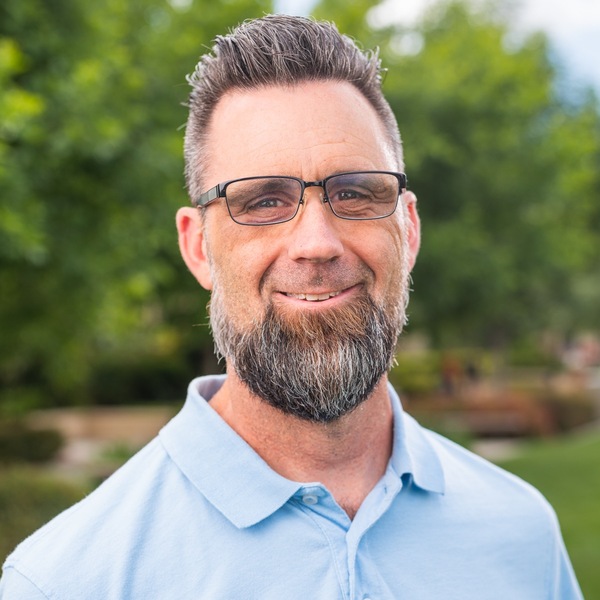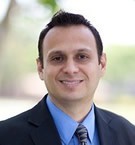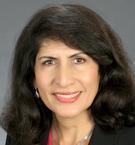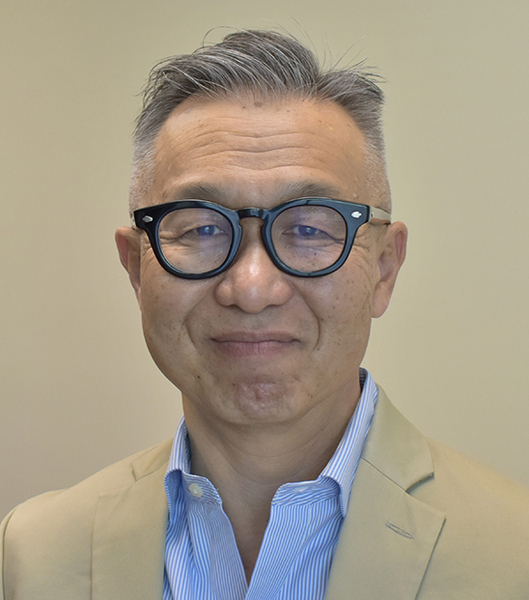Ed.D. in Educational Studies
Overview
At Talbot School of Theology, biblical wisdom is our doctoral programs’ central pursuit. The Doctor of Education (Ed.D.) degree equips the “Leader-Teacher” with skills in research assessment and application to educational concerns. The program provides the same training in conceptual thinking, theological integration and teaching as the Ph.D. program, but with more applied focus. This degree is intended for the needs of education leaders and some Christian higher education settings.
The Ed.D. degree, established in 1984, has a strong record of equipping educators for advanced positions of educational leadership, research and publishing. It involves 36 credits of coursework and 6–12 credits of dissertation that can be completed in two years of full-time study or three years of part-time study. The dissertation demonstrates a competency in literature review research and the contribution of theory to the practice of educational ministry.
Students come to the program already having completed a graduate degree and usually with significant experience in educational ministry, theological education or Christian higher education. In general, doctoral students are established within a particular ministry organization and pursue this degree to receive a robust biblical and theological foundation that richly enhances their educational practice. The curriculum particularly encourages critical thinking, integrative synthesis of Scripture and social science data, and original research.
Courses follow a graduate seminar format requiring student initiative for significant participation in class discussion. Small class sizes of six to 12 students permit such a dialogical format, an important element for promoting critical and integrative thinking.
Program Format
The Ed.D. degree program is a combination of one-week intensive residential core courses offered in November and March, and online and HyFlex courses offered in the fall and spring semesters. This flexible format allows students to either move to Southern California or remain in their places of ministry, and only come on campus to attend the intensive residential weeks.
The program follows a cohort model, in which students work through the core courses together and select their elective courses in Christian higher education or practical theology. A new cohort begins every fall.
Courses are offered on campus in fall (late August to mid-December) and spring (January through May) semesters. A normal full-time load is three courses, or nine credits of coursework. Please note that students are counted as full-time at six credits per semester.




